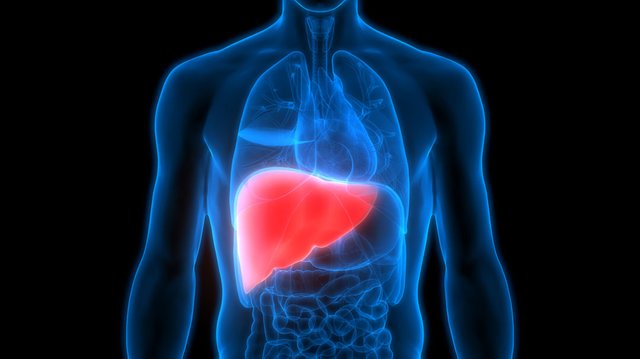"Signs and Symptoms of Liver Dysfunction: Recognizing the Warning Signs"
Symptoms of an unhealthy liver can vary depending on the underlying cause and severity of the liver condition. However, common signs and symptoms of liver disease or dysfunction include:
Jaundice: Yellowing of the skin and eyes due to a buildup of bilirubin, a pigment produced by the liver. Jaundice is a common symptom of liver diseases such as hepatitis and cirrhosis.
Fatigue: Persistent tiredness or weakness may occur as a result of decreased liver function, which affects the body's ability to metabolize nutrients and produce energy.
Abdominal Pain and Swelling: Pain or discomfort in the upper right abdomen, as well as swelling or bloating due to fluid retention (ascites), can be indicative of liver problems.
Itchy Skin: Pruritus, or itching of the skin, can occur when bile salts accumulate in the bloodstream due to impaired liver function.
Dark Urine and Pale Stools: Changes in urine color (dark urine) and stool color (pale or clay-colored stools) may occur due to liver dysfunction affecting the elimination of waste products.
Nausea and Vomiting: Digestive symptoms such as nausea, vomiting, and loss of appetite can result from liver disease, particularly if bile flow is impaired.
Easy Bruising and Bleeding: Decreased production of clotting factors by the liver can lead to easy bruising, prolonged bleeding, or nosebleeds.
Spider Angiomas: Spider-like blood vessels (spider angiomas) may appear on the skin, particularly on the upper body, as a result of changes in blood flow associated with liver disease.
Weight Loss: Unintentional weight loss may occur in advanced stages of liver disease, often due to loss of appetite and metabolic changes.
It's important to note that liver disease can progress silently, with few or no symptoms in the early stages. Therefore, regular medical check-ups and screening tests are crucial for early detection and intervention. If you experience any persistent or concerning symptoms related to liver health, it's advisable to consult a healthcare professional for evaluation and appropriate management.
